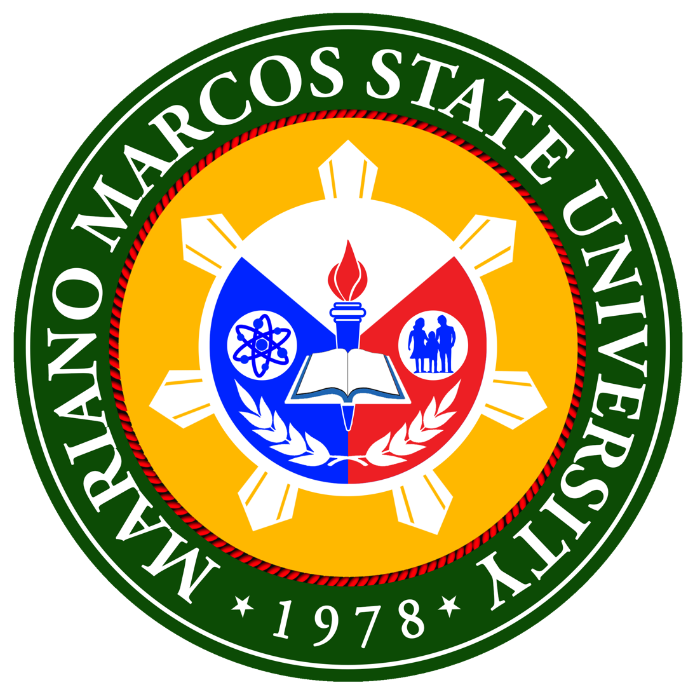MMSU, top Canada school to promote sci-tech-based indigenous communities
By JOHN VINCENT B. TORIBIO
To further facilitate development among the indigenous communities in the locality through science and technology, the Mariano Marcos State University (MMSU) partners with a top-Canada school to venture into a five-year research and development program.
MMSU has already started discussing with the University of Saskatchewan in Canada to pursue studies that would vitally promote and sustain the culture, food safety, health system, agricultural and environmental resource management of indigenous peoples and communities.
In an online teleconference, the Philippine University signified its bold proposal for collaboration to its Canadian counterpart titled, “Inclusive Sustainable Development through Science and Technology Innovations for Indigenous Community Development."
Essentially, the R&D project aims to ‘gear up the Filipino culture, indigenous peoples and communities in the 21st century through science and technology.’ To do so, the research shall focus on the contextualization of the Ilocano culture in significantly exploring and documenting the diversity and dynamic characteristics of indigenous peoples.
Moreover, the project intends to institute a global platform for university-wide and comprehensive academic-research programs incorporating global trends and addressing socio-cultural, techno-economic and politico-environmental development.
Particularly, the two institutions shall collaboratively study on the following thematic areas: indigenous and cultural education, agri-food system, safety and security, disaster risk reduction, climate change and sustainable development, traditional health system and drug discoveries derived from Ilocano medicinal plants.
The faculty members involved in this collaborative project come from the different colleges of agriculture, food and sustainable development, arts and sciences, industrial technology, health sciences and medicine, teacher education and the researchers from the various research centers of the university. The involved personnel will be complemented by technical experts from the University of Saskatchewan in developing, implementing and completing the project with commendable and joint publishable outputs.
Dr. Marlowe U. Aquino, chief for international programs, serves as the lead coordinator for this project. Accordingly, he pointed out that this project will be the basis for future collaborative academic-research partnerships with other Canadian universities. On the pipeline are the Dalhousie University, University of Alberta, and University of Prince Edward Island.
MMSU President Shirley C. Agrupis stressed that “this research project is a huge undertaking in promoting the lives of our brethren, which we have devotedly started and sustained many years back.”
The University maintains a center for and offers degrees on Ilokano studies, and has developed the Sanut Ilocano (a computer application that teaches Ilocano songs and numbers). Some other research initiatives were on traditional upland rice, indigenous food plants, native chicken, pig, and winemaking among the indigenous communities in Adams, Ilocos Norte. These are some University efforts that serve as a back support for the said R&D project.
Dr. Agrupis also highlighted that, “the overall project is to maximize the promises of the PhilCanEDUCON-Magic 7+.”
The Philippine-Canada Universities Education Consortium for International Collaborative Partnerships (PhilCanEDUCON – Magic 7+) involves Universities in the two countries in fostering academic and scholarly collaboration. Here, the University of Saskatwchewan in Canada partners with seven Philippine Higher Education Institutions (HEIs) namely, Benguet State University, Central Luzon State University, Central Mindanao University, Don Mariano Marcos Memorial State University, Mountain Province Polytechnic State College, University of Southeastern Philippines and MMSU.
The MMSU is the lead institution for the indigenous knowledge system and cultural management (IKSCM) project of the PhilCanEDUCON- Magic 7+. The project is supported by the execution of a Memorandum of Understanding (MOU) duly signed by the heads of the institutions.
With the MOU, various activities based upon principles of mutual respect, equality and reciprocity of benefits are anticipated. Some of these are exchanges and internships for students, faculty and staff, introduction of new curricula, joint research and development projects, joint research and knowledge publication, exchange of knowledge products (including publications, instructional and training materials), and development of joint academic course or degree programs. (StratCom)
Written By:
Administrator

